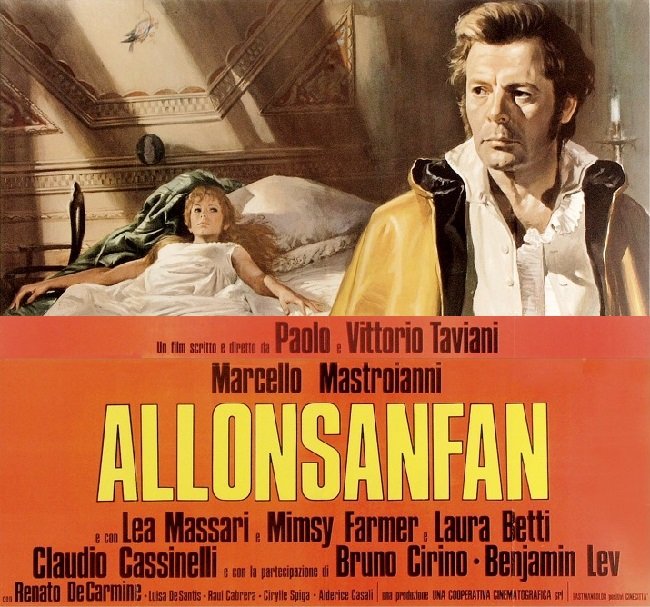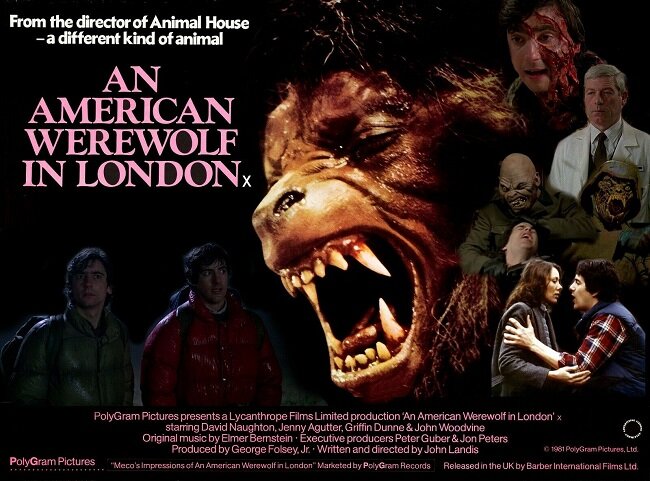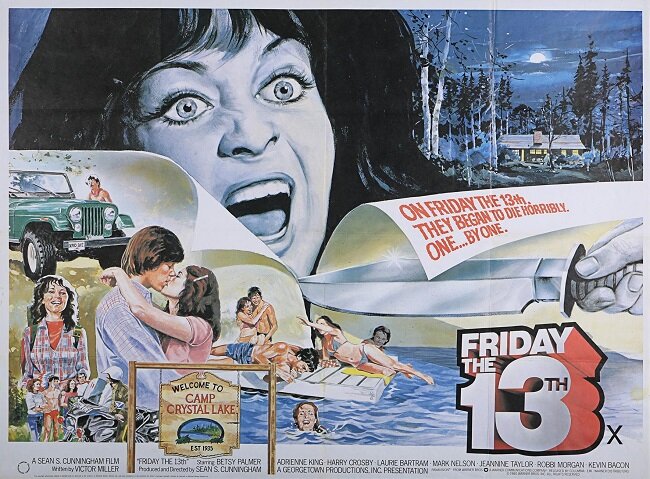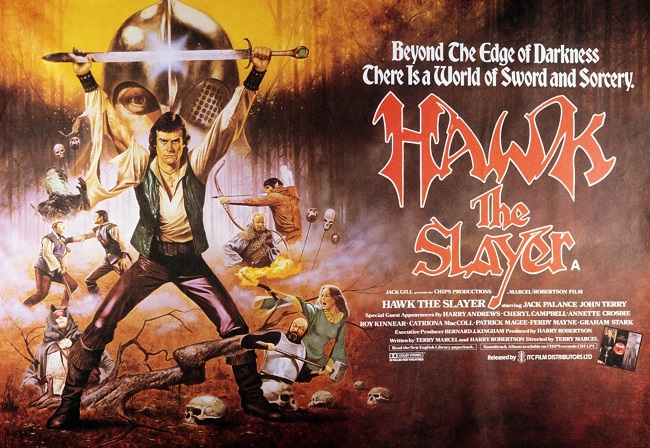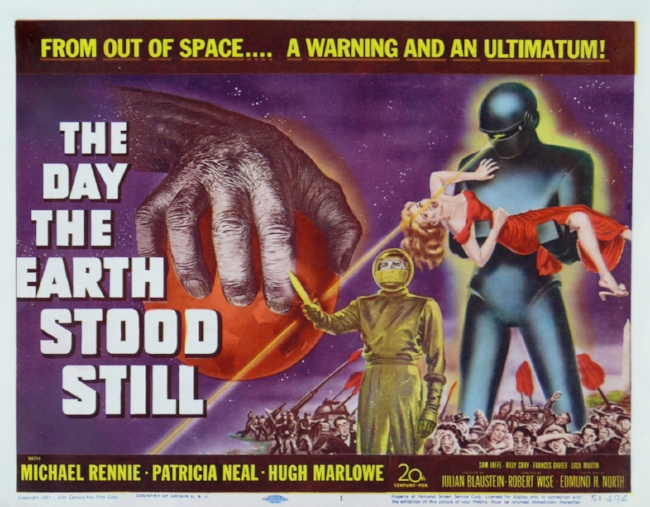Classic Movie Themes: King Solomon's Mines
King Solomon’s Mines is a 1985 Cannon Films production based on the pulp works of H. Rider Haggard. It was quickly made to cash in on the ongoing success of Indiana Jones franchise, although the finished movie bears little resemblance to the classic original novel. Like most Cannon movies from that boom era, it was a cheap and fast enterprise that superficially sported a good cast, but ultimately didn’t do much with them. Veteran director J. Lee Thompson favoured a light and comic approach to the material, as the film’s budget could hardly sustain any major notable set pieces. Yet, it proved popular enough at the box office to warrant a sequel the following year. Allan Quatermain and the Lost City of Gold proved to be as equally silly but by then the public’s interest had waned.
Set in 1910 in an unspecified part of colonial Africa, Allen Quartermain (Richard Chamberlin) is an adventurer and fortune hunter hired by Jesse Huston (Sharon Stone) to find her missing father. Professor Huston has been captured by a German military expedition led by Colonel Bockner (Herbert Lom) and Turkish slave-trader and adventurer, Dogati (John Rhys-Davies), who are searching for the legendary King Solomon’s Mines. Cliched adventures such as being chased by natives, wild animals and cooked in a pot ensue, along with modicum of cheap special effects. The screenplay is weak and tries to pass off a bunch of tired stereotypes as humour. Some viewers may find it a dumb, silly adventure. But for many it’s a tedious experience.
However, King Solomon’s Mines has one sole virtue in so far as it boasts a score by the legendary Jerry Goldsmith. Despite being intentionally composed in the idiom of John Williams Indiana Jones March, Goldsmith’s main title theme is sufficiently engaging in its own right. It exudes all of his usual sophistication and charm as well as being devilishly catchy. Despite being a musical caricature, the score, especially the title theme gets away with it in the same way as the The Rutles do. Once again it proves that Jerry Goldsmith could turn his hand to anything, musically speaking. Even when required to produce something “generic”, his work still remains a cut above the rest.



